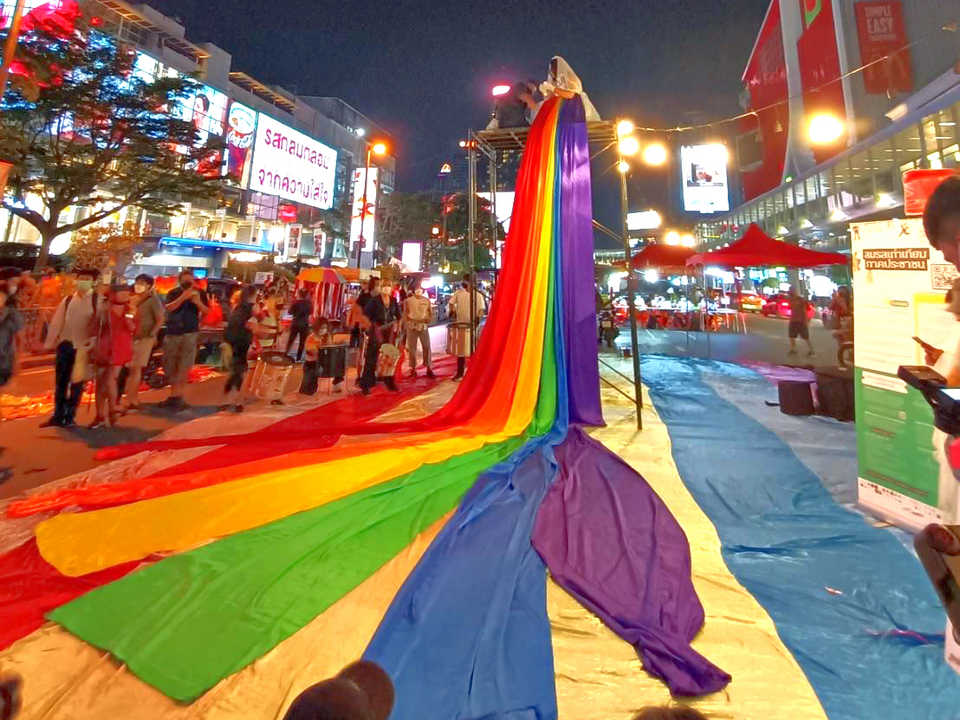
To judge from the optimistic comments of prospective prime minister Pita Limjaroenrat of the Move Forward party, securing gay marriage in Thailand should be a piece of cake. In a sense, he’s right. The military-backed government of General Prayut Chan-o-cha two years ago agreed legislation in principle. But the two bills in question, one guaranteeing marriage equality, but the other proposing a diluted civil partnership arrangement, were referred to parliamentary sub-committees and had not reported by the time of the May 2023 general election.
Gay rights advocate Mookdapa Yanguenpradorn argues that the answer can only be marriage equality. The civil union alternative falls short by legal definition, by failing to recognize pre-marriage gay engagements and by declining access to spousal benefits such as tax deductions and government pensions. So what’s the problem? In November 2021 the constitution court ruled that only a man and a woman could register a marriage, adding that supporters of gay marriage would need to amend section 1448 of the civil and criminal code. Gay activists in Thailand are obviously aware of the need to amend the constitution at the time of writing the marriage equality bill, but challenges would be likely to delay the process substantially.
Another issue is whether one of the partners in Thai gay marriage can be a foreigner. Taiwan, the first state in Asia to recognize same-sex marriages, initially restricted participation by foreigners to those countries which also recognized those unions. However, the nationality rule was rescinded in January 2023. The government of Vietnam in 2013 attempted gay rights legislation, even suggesting that two foreign persons might register their union in Vietnam, but all parliamentary moves on the entire subject were dropped the following year.
Khun Pita recently promised he would achieve his gay marriage aims in time for the world pride event to be held in Bangkok in 2028. He may not be far out with that prediction. Separately, Thailand’s gay population has not yet been hit by the internal rifts and disputes which have hit the movement in Europe and the United States. The acronym LGBTQQIP2SAA (lesbian, gay, bisexual, transgender, queer, questioning, intersex, pansexual, two-spirit, asexual and ally), incorporates any form of non-traditional sexual identity. Not everyone likes that.
Some gay activists believe that the all-embracing definition is too radical and counter-productive. Can a transgender male-female woman actually be a lesbian? Is it appropriate to incorporate asexual people, who don’t fancy anybody, with pansexuals who are sort of the opposite? Should individuals be able legally to declare their own gender identity at birth rather than being told what it is? Should we scrap the terms male and female altogether? Sooner or later, these cantankerous debates will hit the gay movement in Thailand. Or, if you prefer, the alternative sexuality movement.





